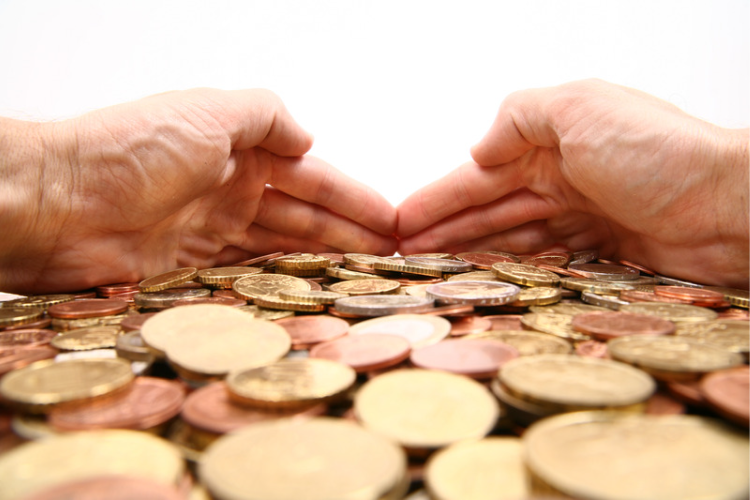Imagine your boss comes into your office and tells you she wants to give you a 50% raise. (If you don’t have a boss anymore, imagine back to the time that you did.)
Not only does she say she wants to give you a raise, but she lets you know why: You are crushing your goals. You are a strong collaborator who helps the whole team get better. You learn at lightning speed and always volunteer to take on the toughest tasks. She wishes she had ten more employees just like you. She says she’s delighted to give you this generous raise.
Is it greedy to accept the raise? Do you feel guilty? Is it unfair or unethical? Do you feel badly? My guess is you would feel the opposite: on top of the world. You’d go home and tell your spouse about it and call your mom and your sister and tell them how psyched you are about the extra money and to be valued so substantially for your contributions. You wouldn’t feel greedy. You’d feel valued. You’d be thrilled.
So then, why do you feel guilty when customers give you a 50% raise?
(A 5% price increase generates a 50% increase on net profits, per the example company here with a 10% bottom line. Your company may make more or less than 10% net. Regardless of your starting point, a 5% price increase generates substantial incremental profitability.)
Consider this radical idea: if you ask for a price increase, and you get it, the customer is giving you a raise for the value of your contributions. It’s as if they are saying:
“I love what you do for me. Your products and services solve my problem so effectively and so completely that I am willing to give you more money than I gave you yesterday for the same solution. I am willing to continue to choose you from a sea of competitors, many of whom are substantially cheaper than you, because I trust you above all others to deliver a highly effective solution to my problem. Thank you so much for everything you do for me!”
Does a price increase come with a feel-good speech from the customer? No. It comes with complaining, cajoling, threatening, and grousing. They will make it very unpleasant. But if they complain and grouse and threaten and cajole and then buy anyway, they are giving you a raise for the value of your contributions.
It is not greedy to ask for a high price if you provide high value.
Hear me loud and clear: I’m not suggesting seeing what you can get away with. It’s not about greed, manipulation, taking advantage of anyone, or gouging. In our pricing training programs, we’ve heard everything on the left and more:
| What You Think | What We Know |
| Isn’t it greedy to ask for a 30% price increase? | If the value to the customer substantially exceeds the 30% price increase you are asking for, then you deserve that raise, and they will pay it. |
| At what point do higher and higher prices become gouging the customer? | It’s not gouging the customer to charge higher and higher prices as long as you provide higher and higher value. |
| If I take advantage of my customers on price, it will eventually drive them away. | If you take advantage of your customers on price, it will drive them away. Why do you think you are taking advantage of people by asking to be paid fairly for the exceptional value you deliver? |
| I can’t ask for 70% gross margin; that’s highway robbery! | (This is my personal favorite.) None of your customers care about your margin. You care; they don’t. How do I know? None of your customers have ever called you and said, “No, Bob, I’m sorry. I like this product, but it’s way too expensive. If you could do it for 20% gross margin, I’ll buy it.” They. Don’t. Care. About. Margin. They don’t care if it’s -93% margin or + 93% margin or anywhere in between. They care that the price reflects the value. |
In every single example above, the concern loomed large in our clients’ heads, but it turned out to be baseless in reality. It was head trash.
I say again: it is not greedy to ask for a high price if you provide high value.
This means there is no price too high, no margin too high, no price increase too high, so long as the customer values it at or above that amount.
I can hear you squirming in your seats. You’re thinking, “but the customers say…” or “but our competitors do…” or “we increase prices seven times last year and…” or who knows what else to negate my point.
What I can tell you is that our clients have a perfect track record of needlessly worrying about this. In every case, when they pressed forward with confidence to ask for the price that truly reflected the value to their customers, they got it. Will you?
